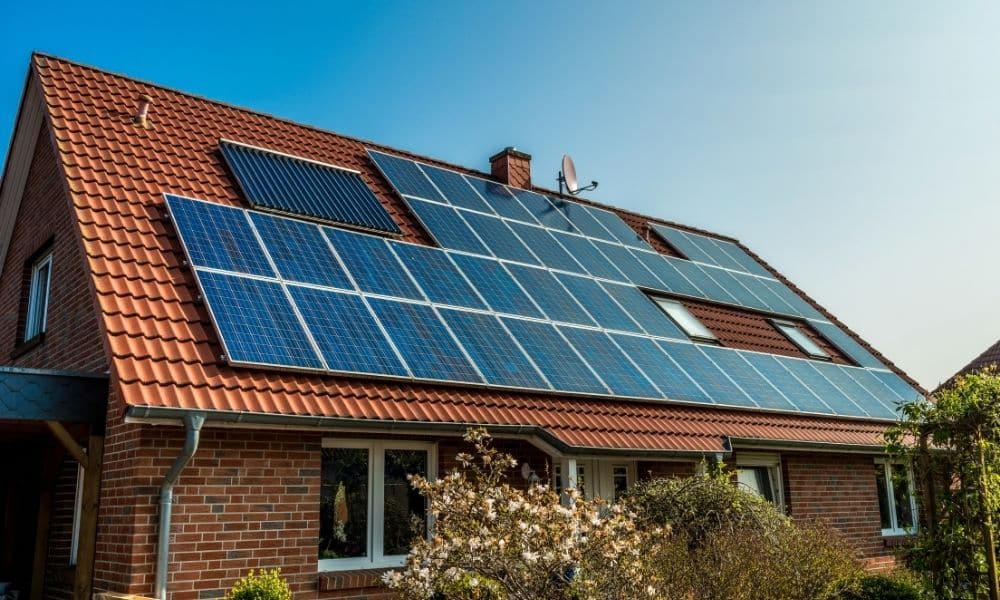It’s possible that your solar energy system could benefit from the installation of a solar battery. It allows you to store extra electricity for use at times when your solar panels aren’t producing enough power. Furthermore, it gives you more options for supplying energy to your house.
What are solar batteries, how do they work with a solar power system, and what are the overall benefits of using Sacramento solar battery storage? All of these questions and more will be answered in this article. If you’ve ever wondered, “How do solar batteries work?” you’ve come to the correct place to find out.
How would you define a solar battery?
Let’s get started with a simple definition of “what is a solar battery?”
A solar battery, which can store the extra energy produced by your solar panels, is one way to improve the effectiveness of your solar power system.
Then, when the electricity produced by your solar panels is insufficient, such as at night, on cloudy days, or when the power is out entirely, you may use the stored energy to run your home.
A solar battery is a device that stores solar energy so that it can be used later. Without battery storage, any surplus power generated by solar panels is lost to the grid. Even when you aren’t using all of the electricity your panels generate, you are still creating and distributing it to other people.
Comparing Different Battery Storage Methods
Lithium-ion and lead-acid are the two most frequent types of solar batteries. There are good points and bad points to both. In addition to being able to store more energy than other battery types, lithium-ion batteries also have a higher Depth of Discharge. Therefore, lithium-ion batteries are preferred by solar panel makers.
Depth of Discharge, or DoD for short, is a measure of how much of a battery’s overall capacity has been used up. For instance, a 95% DoD indicates that the battery can be used up to that percentage of its full capacity before recharging is required. This is the maximum recommended battery usage.
Lithium ion-based rechargeable battery
As was previously said, lithium-ion batteries are preferred by manufacturers because of their high DoD, extended lifespan, high energy density, and small form factor. However, the price of lithium-ion batteries is typically higher than that of lead-acid batteries, despite their many benefits.
Lead-acid batteries
Lead-acid batteries have been around for quite some time; its technology is similar to that used in most car batteries. When going off the grid, many people have turned to lead-acid batteries as a home energy storage option. Their low DoD and short lifespan have led to their declining popularity, despite the fact that they are still readily accessible at affordable prices.
Lessons Learned
It is crucial to understand how a solar battery functions if you plan to incorporate solar panel energy storage into your solar power system. Because it operates like a massive rechargeable battery for your home, you can put the extra solar energy your panels create to good use. Therefore, you will be able to better manage your solar energy use patterns.
The heat generated during a chemical reaction can be converted into electricity and utilised indoors. Most solar batteries, including the most popular form, lithium-ion batteries, function by means of this process. Depending on your needs, a DC-coupled, AC-coupled, or hybrid solar power system could maximise your return on investment while decreasing your grid dependence. These are the three primary categories of solar energy installations.





